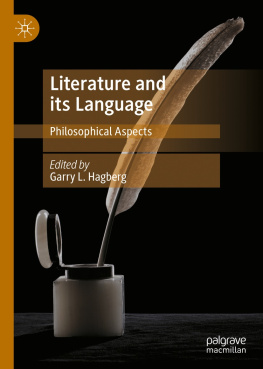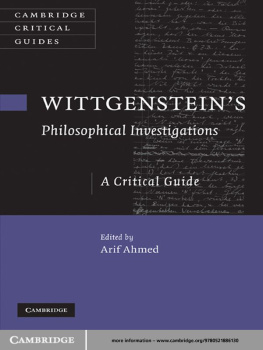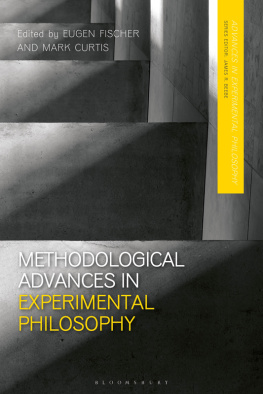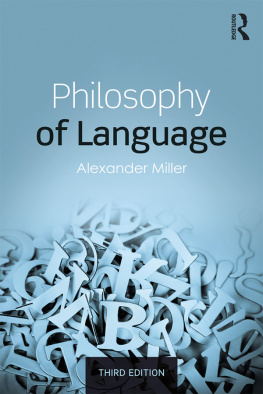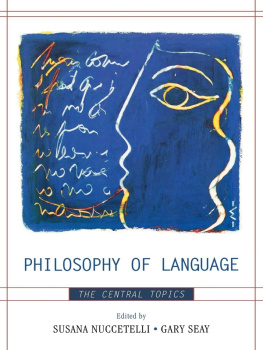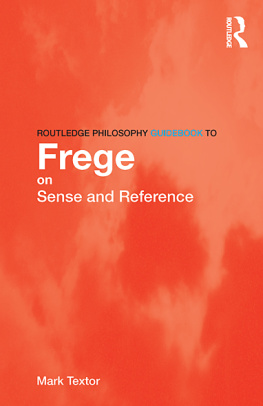Philosophical Foundations
of Language in the Law
Andrei Marmor and Scott Soames
(p.iv) 
- Great Clarendon Street, Oxford OX2 6DP
- Oxford University Press is a department of the University of Oxford.
- It furthers the University's objective of excellence in research, scholarship,
- and education by publishing worldwide in
- OxfordNew York
- AucklandCape TownDar es SalaamHong KongKarachi
- Kuala LumpurMadridMelbourneMexico CityNairobi
- New DelhiShanghaiTaipeiToronto
- With offices in
- ArgentinaAustriaBrazilChileCzech RepublicFranceGreece
- GuatemalaHungaryItalyJapanPolandPortugalSingapore
- South KoreaSwitzerlandThailandTurkeyUkraineVietnam
- Oxford is a registered trade mark of Oxford University Press
- in the UK and in certain other countries
- Published in the United States
- by Oxford University Press Inc., New York
- The several contributors, 2011
- The moral rights of the authors have been asserted
- Database right Oxford University Press (maker)
- Crown copyright material is reproduced under Class Licence
- Number C01P0000148 with the permission of OPSI
- and the Queen's Printer for Scotland
- All rights reserved. No part of this publication may be reproduced,
- stored in a retrieval system, or transmitted, in any form or by any means,
- without the prior permission in writing of Oxford University Press,
- or as expressly permitted by law, or under terms agreed with the appropriate
- reprographics rights organization. Enquiries concerning reproduction
- outside the scope of the above should be sent to the Rights Department,
- Oxford University Press, at the address above
- You must not circulate this book in any other binding or cover
- and you must impose the same condition on any acquirer
- British Library Cataloguing-in-Publication Data
- Data available
- Library of Congress Cataloging in Publication Data
- Library of Congress number: 2011017234
- Typeset by SPI Publisher Services, Pondicherry, India
- Printed in Great Britain by
- on acid-free paper by
- CPI Antony Rowe, Chippentiam, Wiltshire
(p.ix) List of Contributors
Timothy Endicott is Professor of Legal Philosophy and Dean of the Faculty of Law in the University of Oxford. He has been a Fellow of Balliol College since 1999. He is the author of Vagueness in Law (OUP 2000), and Administrative Law (OUP 2009).
Mark Greenberg is Associate Professor of Philosophy and Professor of Law at UCLA. He works primarily in the areas of philosophy of mind and language and philosophy of law. Before coming to UCLA, he taught philosophy at Princeton University.
Richard Holton is Professor of Philosophy at MIT. He works mainly on issues surrounding moral psychology and the philosophy of action. His book Willing, Wanting, Waiting was published by OUP in 2009.
Andrei Marmor was Professor at Tel Aviv University from 1990 to 2000 and has been professor of philosophy and professor of law at the University of Southern California since 2003. He is the Director of the USC Center for Law and Philosophy and Editor in chief of the Journal of Ethics & Social Philosophy. His most recent book is Philosophy of Law (Princeton 2011).
John Perry is professor emeritus at Stanford University and distinguished professor of philosophy at the University of California, Riverside. He has written many articles on the philosophy of language and the philosophy of mind, and several books, includingKnowledge, Possibility, and Consciousness, Reference and Reflexivity, and Identity, Personal Identity, and the Self.
Gideon Rosen is Stuart Professor of Philosophy and Chair of the Council of the Humanities at Princeton University.
Scott Soames is the Director of the School of Philosophy at the University of Southern California, and was formerly Professor of Philosophy at Princeton University for 24 years. He is the Editor-in-Chief of The Princeton Series in the Foundations of Contemporary Philosophy and serves on the advisory boards of Analytica and Philosophical Perspectives.
Jeremy Waldron is University Professor and Professor of Law at New York University and Chichele Professor of Social and political theory at the University of Oxford. His most recent book is Torture, Terror, and Trade-Offs: Philosophy for the White House (OUP 2010).
Gideon Yaffe is Professor of Philosophy and Law at the University of Southern California. He is the author of various books and articles on action, freedom, and legal and moral responsibility, as well as the history of thought about those topics, including, most recently, Attempts with OUP in 2010.
(p.x)
Introduction
Andrei Marmor
The close connection between philosophy of language and philosophy of law was emphasized by H.L.A. Hart, and has been recognized for decades. As early as in his inaugural lecture, Hart argued that many central issues in jurisprudence depend on an adequate conception of language. Later, in his seminal work, The Concept of Law, he made it clear that he saw philosophy of language as playing a foundational role in his theory of law. In the preface to that work, he says:
[T]he book may also be regarded as an essay in descriptive sociology; for the suggestion that inquiries into the meaning of words merely throws light on words is false. Many important distinctions, which are not immediately obvious, between types of social situation or relationships may best be brought to light by an examination of the standard uses of the relevant expressions and of the way in which these depend on social context, itself often left unstated. In this field of study it is particularly true that we may use, as Professor J.L. Austin said, a sharpened awareness of words to sharpen our perception of the phenomena.
A few pages later, however, Hart warns us that the purpose of his book is not to provide a definition of law, in the sense of a rule by reference to which the correctness of the use of the word can be tested. an important key to understanding the social institutions (like the law) in which such usage occurs.
In spite of Hart's linguistic characterization of his methodology, questions about the relationship between language and law did not become central for some decades after the publication of The Concept of Law. Partly because of the important substantive issues raised in the book, and partly because it does not contain much that is specific to philosophy of language (apart from the then ubiquitous metaphilosophical conviction that all conceptual connections are ultimately linguistic), commentators have largely ignored Hart's remarks about the role of language in understanding law. This persisted until the mid-1980s, when R. M. Dworkin raised the issue in his critique of what he took to be Hart's method. In


